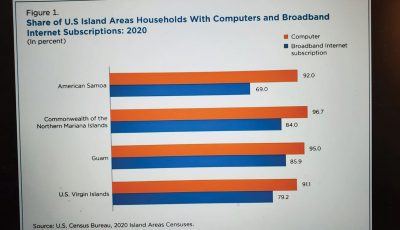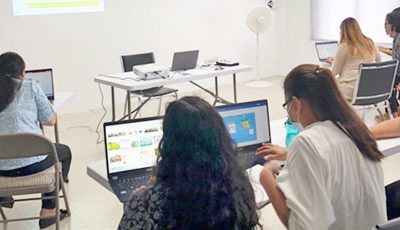My Sunk Cost Fallacy Fallacy
When you drop by my beach chair every Friday for our weekly chats, you’re used to helping yourself to a well-stocked cooler. Alas, you’ll notice that it’s empty this time. Sorry. I forgot to stock it. That’s because I got my snoot stuck in the Chinese lessons again and I neglected all my chores this week.
How much progress have I made in Chinese? None. So why don’t I quit and devote my spare time to more productive endeavors? Well, I have a theory about that. I call it the Sunk Cost Fallacy Fallacy. That’s right: two fallacies. So while I stiffed you in the beverage department today, at least you’re getting a linguistic twofer.
The “Sunk Cost Fallacy” is known to every economist and financial manager. It’s a fancy term for saying there’s no use crying over spilled milk.
Put in more analytical terms, it’s the fact that a rational decision is a function of expected costs and expected benefits. “Expected” is a function of today through the future. It’s not a function of the past. The past is gone, and, since it’s gone, you can’t make decisions about it, since decisions can only affect the future, not the past.
If you pay me $50 for a twenty-dollar bill, how much is the bill worth? It’s worth $20. The cost you sunk into it has nothing to do with its value after you bought it. That’s an overly simplistic example, but you can add layers of realism to it as you see fit.
It’s textbook stuff. But forget textbooks. I’m merely digging my toes in the sand wondering about stuff.
Which brings me back to the very first time I used a computer to write a term paper in college.
I didn’t particularly mind writing the paper. But I messed up the computer commands and I accidentally deleted the doggone file. So I had to re-write it. And, wow, did I ever mind the re-write. Despite the fact that re-writing it should have been easier than having to create it out of whole cloth, the re-writing was far more grueling.
After all, creating something, and re-hashing something, are two entirely different processes. Hence, they are two different experiences. Creativity can be enjoyable. But re-hashing? No thanks.
If you want to get all scholarly about it, you can consider the myth of Sisyphus, who faced the torture of having to roll the same boulder up the same hill time and time again. The boulder would get near, but never reach, the top, whereupon it would roll back down and it was time to repeat the process. There must be some profound element of psychology there, since the myth has been famous for thousands of years.
When I started taking Chinese classes, most of the other gray hairs I met were repeating their studies from past times. Their tales were remarkably consistent: When they first studied it, they wound up getting discouraged. So they quit. Quit, that is, only to discover, a matter of years later, that Chinese was growing in importance. So they took it up again.
As they plodded through the curriculum, or re-plodded, I should say, the thrill of discovery was replaced with the jaded realization that they had already been there, which gave them a sort of leaden dread about the whole process.
Well, I can’t figure Chinese out, but I can figure out how well I’d react in those circumstances. And the answer is: Not well.
In theory, it’s not rational to keep studying something just because we sank a lot of effort into studying it. That effort is a sunk cost.
But in reality, the human kind, the kind we have to live in, if the specter of repeating something feels more burdensome than facing it the first time around, then the dynamic seems different.
After all, when it comes to dollar costs, every dollar is the same as every other dollar. But when it comes to our costs of endurance for a given task, every effort is not the same as every other effort. Dollars are homogenous. Human experiences are not. So, while I can always zero-base a dollar time line, I can’t always zero-base a human one.
Still, I’m not really questioning the Sunk Cost Fallacy. I am, however, excusing my stubbornness by saying that the fallacy is fallacious in this situation. Am I really right? Oh, probably not. Do I care? Definitely not.
So I’m going to keep plodding along with studying Chinese. Yes, even if my cooler goes empty, my brain goes confused, and I still have absolutely no progress to show for it.



























